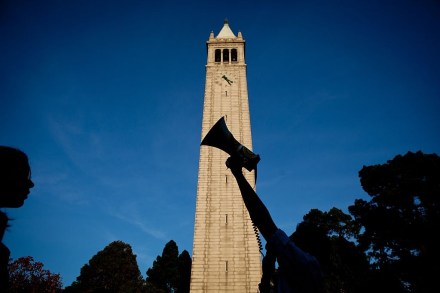No. 653
White to play, Jones–Dominguez, New in Chess Classic, April 2021. Gawain Jones was hoping that his rook and pawn would cordon off Black’s king indefinitely. But here, at move 125, a surprising opportunity arose. What move should White have played? Email answers to chess@spectator.co.uk by Monday 17 May. There is a prize of £20 for the first correct answer out of a hat. Please include a postal address. Last week’s solution 1 Rh8! Kf6 2 g8=N mate Last week’s winner John Brown, Rolleston on Dove, Staffordshire





















